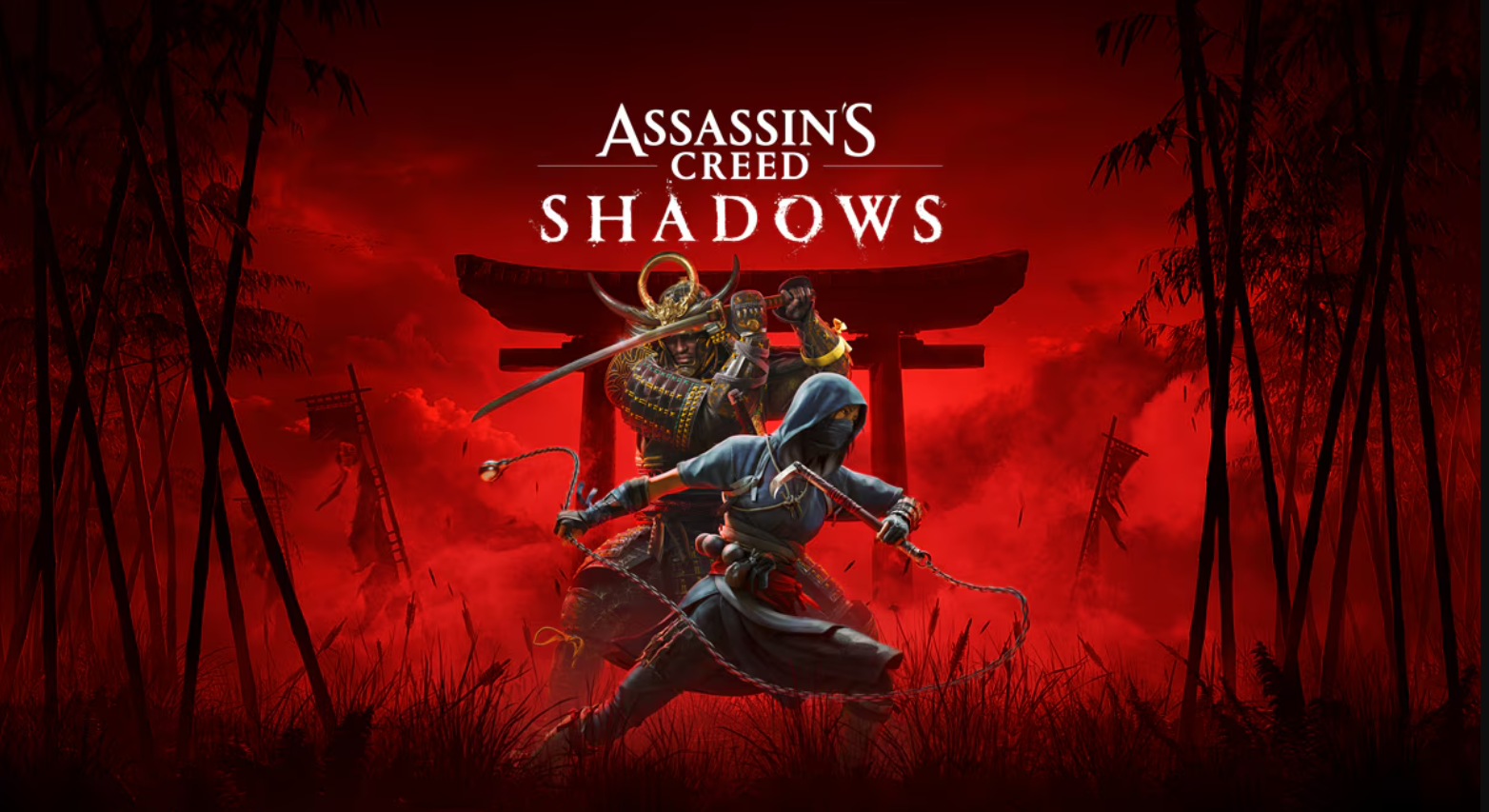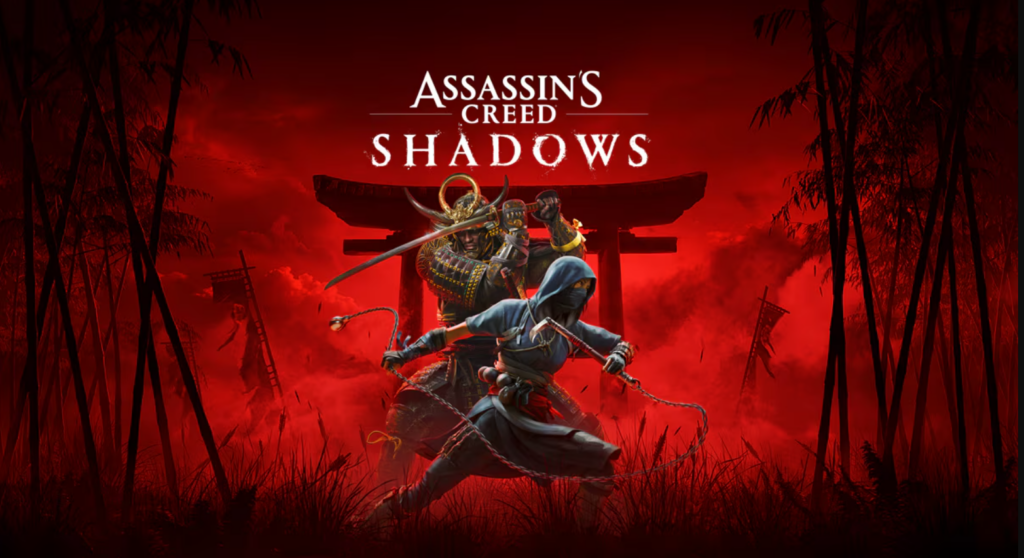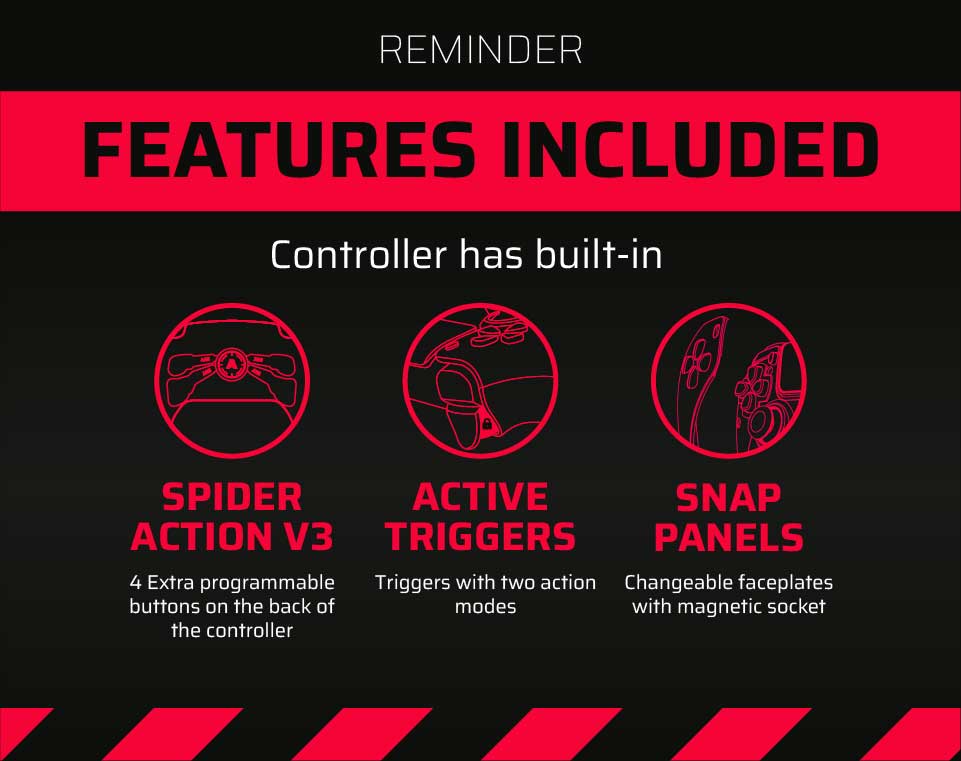Every true gamer knows the saga is much more, and it completely revolutionized storytelling and gameplay. From breakthrough stealth to rich historical narratives, the Assassin’s Creed franchise astounded and transformed interactive entertainment in many ways.

A Brief History of the Assassin’s Creed Saga
The series debuted in 2007 with great impact, and then it set standards for open-world narrative games. Moreover, Ubisoft published these revolutionary titles, and history, stealth, and parkour merged perfectly. Consequently, gamers worldwide embraced the epic saga, and real events interlace with hidden conspiracies clearly. Thus, players face a timeless freedom versus control fight, and Ubisoft continually evolved gameplay with each release. Then, mechanics shifted from basic to cinematic wonders, and authentic, immersive narratives pushed creative limits.
Wish to get your own Assassin’s Creed PS5 Controller? You can buy it now! We have both PS5 and Xbox options for you!
Assassin’s Creed (2007) – The Game That Started It All
Initially, the first game merged history and intrigue, and open-world exploration and stealth laid strong foundations. Furthermore, players assumed a devoted assassin role, and consequently, the Animus linked the past with the present. Indeed, this device set new storytelling standards, and therefore rave reviews emerged across the gaming world. Moreover, fluid movement defined the assassin’s lifestyle, and Ubisoft’s vision inspired players and developers globally.
Assassin’s Creed II (2009) – Expanding the Horizon
Subsequently, Assassin’s Creed II built upon its predecessor, and then the players became Ezio Auditore—a compelling hero. Moreover, his journey mixed vengeance with redemption, and additionally refined stealth and motion-enriched gameplay. Furthermore, the open world brimmed with vivid detail, and thus Ubisoft Montreal raised standards for future releases. Consequently, Ezio’s story deepened emotional connections, and then personal drama intertwined with epic historical scope.
Assassin’s Creed Brotherhood (2010) – The Brotherhood Unites
Next, Brotherhood advanced the story with united assassins, and moreover, cooperative multiplayer modes raised the stakes further. Additionally, players managed a secret assassin network, and consequently improved mechanics offered a richer experience. Furthermore, the network honored the ancient creed faithfully, and therefore strategic depth distinguished this celebrated chapter. Thus, Ubisoft allowed players to feel heavy responsibility, and then the game firmly established narrative complexity.
Assassin’s Creed Revelations (2011) – Unraveling the Mysteries
Subsequently, Revelations brought Ezio’s journey to closure with emotion, and then refined mechanics enhanced stealth and parkour elements. Moreover, a fresh narrative enriched the vast lore, and also Constantinople set an atmospheric, detailed stage. Furthermore, Ezio and Altaïr connected seamlessly in the story, and thus the Templars were threatened continuously and clearly. Consequently, ancient conspiracies deepened the narrative, and then Ubisoft showcased layered interactive storytelling artfully.
Assassin’s Creed III (2012) – A New Frontier in History
Subsequently, Assassin’s Creed III shifted to revolutionize history, and then a new hero, Connor, emerged with great power. Moreover, his journey blended Native and colonial heritage, and additionally, gameplay emphasized intense naval exploration boldly. Furthermore, an expansive world displayed rich historical detail, and thus naval battles injected fresh energy into the game. Finally, enhanced stealth elements delighted fans immensely, and indeed historical conflicts set the stage for evolution.
Assassin’s Creed IV: Black Flag (2013) – The Golden Age of Piracy
Subsequently, Black Flag embraced the golden pirate era, and then Caribbean naval adventures merged with stealth action. Moreover, historical piracy intertwined with ongoing conflicts, and also classic themes received a modern, fresh twist. Furthermore, dynamic weather enhanced the Caribbean setting, and thus critics awarded high marks to this masterpiece.
Assassin’s Creed: Rogue (2014) – The Fall of an Assassin
Later, Rogue introduced a dark, introspective perspective, and then players controlled a defector from the assassins. Moreover, betrayal raised complex moral dilemmas clearly, and core stealth and parkour remained effective always. Consequently, new naval combat mechanics appeared robustly, and then the antagonist view added fresh depth to the lore.
Assassin’s Creed Unity (2014) – Revolution in Revolutionary Times
Subsequently, Unity was set in revolutionary France, and then a stunning open world emerged with visual flair. Furthermore, improved multiplayer and stealth enhanced overall gameplay, and post-release support restored Unity’s reputation fully. Indeed, themes of freedom resonated with players deeply. Thus, immersive visuals brought revolutionary history to life.
Assassin’s Creed Syndicate (2015) – Under the Shadow of Industrialization
Next, Syndicate transported players to Victorian London. Furthermore, industrial innovation mixed with hidden perils abounded. Moreover, dual protagonists created diverse gameplay dynamics, and then revamped combat systems impressed critics and fans alike. Additionally, a deep narrative explored social challenges, and thus detailed urban settings enhanced the immersive experience.
Assassin’s Creed Origins (2017) – Rebirth of the Assassin
Next, Origins reimagined the series in ancient Egypt, and then a vast world with RPG elements emerged. Moreover, breathtaking landscapes and monuments inspired awe, and furthermore the narrative traced the Creed’s origins clearly. Additionally, Templar conflicts were explained effectively, and then Ubisoft integrated RPG mechanics with precision.
Assassin’s Creed Odyssey (2018) – Myth and Legend in Ancient Greece
Subsequently, Odyssey took players on a Greek Odyssey, and then history merged with myth and ancient legend. Moreover, vast landscapes and historical sites dazzled players, and deep RPG elements allowed branching story choices. Additionally, dialogue options increased interactive storytelling considerably, and thus freedom and tyranny clashed in epic narratives.
Assassin’s Creed Valhalla (2020) – The Viking Invasion
Later, Valhalla ushered in a fierce Viking era, and then brutal raids and exploration defined its vast world. Moreover, stealth and parkour merged with new combat systems, and lush landscapes evoked the Viking age vividly. Additionally, themes of conquest and honor emerged powerfully, and then its ambitious narrative captivated fans completely.
Assassin’s Creed Shadows – A New Chapter for Modern Gamers
Next, Shadows emerged as the latest saga addition, and then it blended modern innovation with historic roots. Moreover, contemporary narratives focused on current themes, and samurai elements subtly enriched its design. Also, classic heritage met futuristic gameplay brilliantly, and thus Ubisoft pushed boundaries with top-tier technology. Then, strong sales and reviews confirmed lasting appeal, Moreover, film projects now expand the universe further.
The Evolution of Gameplay Throughout the Saga
Indeed, each title introduced fresh gameplay innovations, and then early stealth evolved into deep RPG experiences. Moreover, cinematic storytelling became a constant element, and intricate combat systems amazed players constantly. Also, vast open worlds redefined historical gaming experiences, and thus Ubisoft refined mechanics with unyielding precision.
The Rich History and Storytelling Behind the Assassin’s Creed Series
Undoubtedly, the saga is a masterclass in storytelling, and then historical events merge with rich mythologies seamlessly. Moreover, conflicts between Assassins and Templars remain timeless, and secret societies and hidden truths unfold uniquely. Additionally, the Animus revealed epic journeys boldly, and then each title added its unique historical chapter.
Ubisoft – The Driving Force Behind the Saga
Similarly, Ubisoft is the visionary behind the series, and then their passion for innovation drove the franchise forward. Moreover, early titles broke new ground consistently, and furthermore modern adventures expanded interactive storytelling vastly. Also, creative teams pushed limits across every release, and thus authenticity and immersion became the brand promise.
Final Thoughts
Undoubtedly, this saga is a landmark in gaming history, and then historical intrigue blended with innovative gameplay impressively. Moreover, each title offers a unique journey through time, and furthermore conflicts of freedom versus control endure steadily. Additionally, authenticity and world-building inspire dedicated fans, and then the saga educates and exhilarates all players universally. Also, the franchise remains an influential gaming legacy, and thus future games and films will expand its grand universe. Finally, embrace the legacy and become an assassin now, and therefore your next great adventure awaits within this saga.


















Latest news
How Controller Maintenance Prevents Drift, Stick Drift, and Joystick Issues in PS5 and Xbox One Controllers
How Controller Maintenance Prevents Drift, Stick Drift, and Joystick Issues on PS5 and Xbox One [...]
Dec
Master Controller Settings for FPS Games
Master Optimising AimController for Competitive FPS Games — Controller Settings for FPS Games Ranked FPS [...]
Nov
Is a Custom Controller Build Wroth it for Racing and Fighting Games
Customizing Controller for Racing & Fighting Games: Wireless Custom Controller Build, Design, and Style Racing [...]
Nov
Are Customizable Controllers Worth Its Price?
Customizable Controllers: The Future of PC Gaming A controller is one of the most essential [...]
Oct
Top Controller Settings for Battlefield 6
The Best Controller Settings for Battlefield 6 Battlefield 6 arrives in 2025 to redefine first-person [...]
Oct
Top Gaming Trends of 2026
Key Gaming Trends in the Industry of 2026 The gaming industry in 2026 faces constant, [...]
Aug
How To Use a PS5 Controller on PC?
How to Use the PS5 Controller on PC: A Complete Guide to Connect and Use [...]
Aug
Mortal Kombat Series – Legendary Fighting Game
Mortal Kombat Series Keeps Evolving Mortal Kombat series isn’t just a video game — it’s [...]
Jul